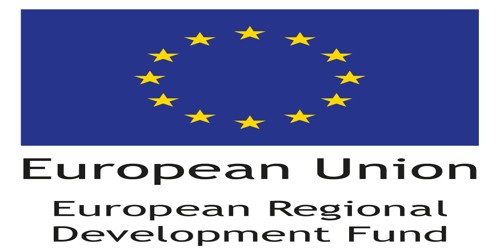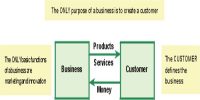European Union
The largest and most comprehensive of the regional economic groups is the European Union (EU). EU is which the member states of the EEC are evolving. Based on the Maastrict Treaty, it envisions the eventual establishment of common economic, foreign, security, and justice policies.
It began as a free trade agreement with the goal to become a customs union and to integrate in other ways. The fundamental purposes of the European Union are to promote greater social, political and economic harmony among the nations of Western Europe. The EU reasons that nations whose economies are interdependent are less likely to engage in conflict. The formation of the European parliament and the establishment of a common currency, the Euro, make the EU the most ambitious of all the regional trade groups.
In Summary:
- Founded: November 1, 1993, Maastricht, Netherlands
- Headquarters: City of Brussels, Belgium
- Capital: Brussels
- Founders: Germany, France, Italy, Netherlands, Belgium, Luxembourg
- Members: Germany, Poland, France, United Kingdom, Croatia, Italy, and more.
- European Union is the largest economy in the world by GDP (16,408,364 million US$).
The key milestone for the European Union identifies the members of the European Union and other key European groups. Because of the economic and human destruction left by World war II European political leaders realized that greater co-operation among their countries would help speed Europe’s recovery. Many organizations were formed including the European Economic Community (EEC), which eventually emerged as the organization that would bring together the countries of Europe into the most powerful trading block in the world.
Several other countries including the United Kingdom formed the European Free Trade Association (EFTA) with the limited goal of eliminating internal tariffs, but most of those countries eventually became part of the EU and those that have decided not to leave EFTA are linked together with the EU as a customs union. The EEC later called the European Community (EC) and finally the European Union (EU) set about to abolish internal tariffs in order to move closely integrates European markets and hopefully slow economic co-operation to help to avoid further political conflicts.














